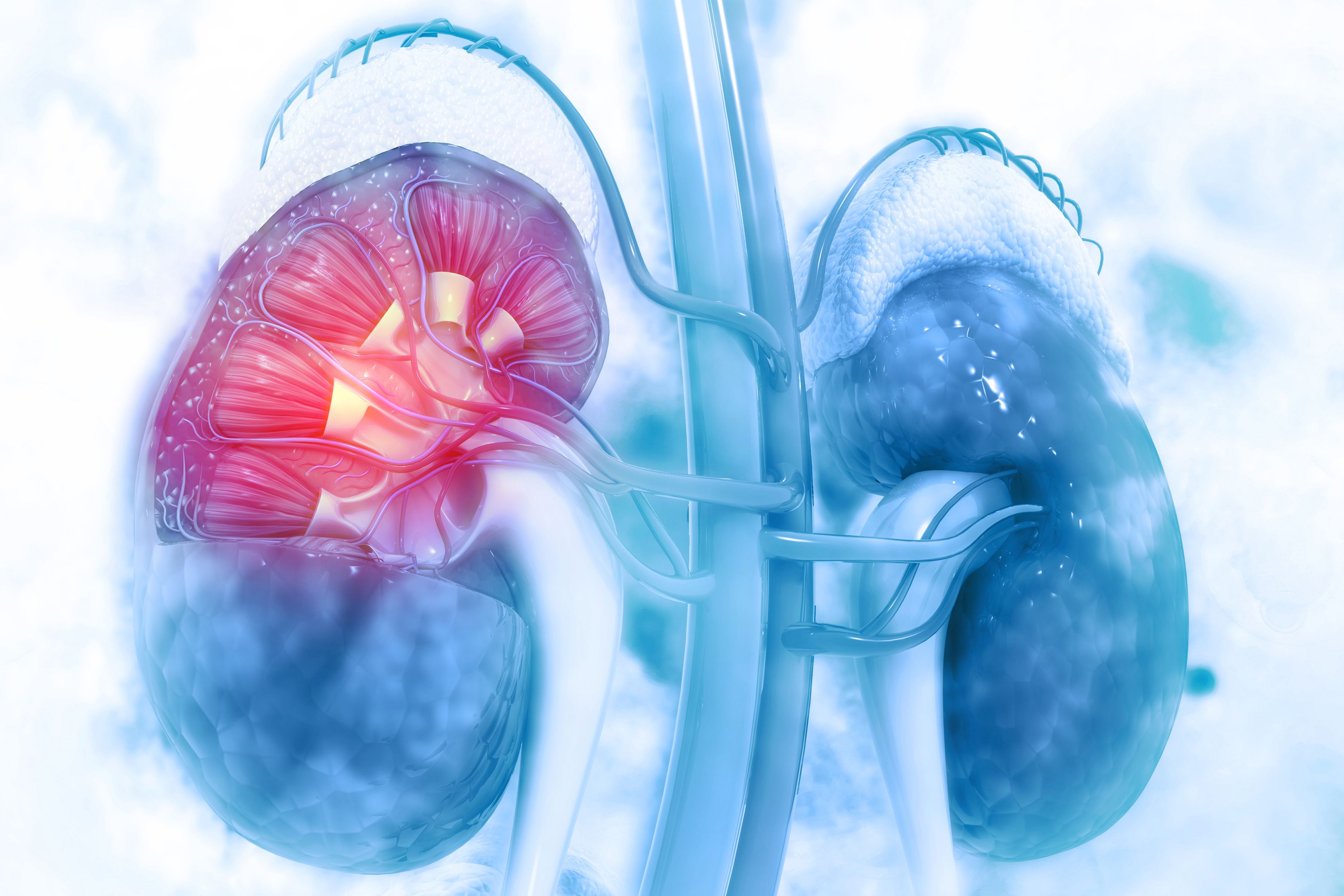


ACUTE KIDNEY INJURY (AKI)?
Acute kidney injury (AKI) is also known as acute renal failure (ARF), which is a sudden episode of kidney failure or kidney damage that happens within a few hours or a few days. It causes a build-up of waste products in our blood and makes it hard for our kidneys to keep the right balance of fluid in our body. It can also affect other organs such as the brain, heart, and lungs.
SIGNS AND SYMPTOMS OF ACUTE KIDNEY INJURY
In some cases, AKI causes no symptoms and is only found through other tests done by your healthcare provider.
WHAT CAUSES ACUTE KIDNEY INJURY?
Acute kidney injury can have many different causes. AKI can be caused by the following:
Decreased blood flow
Some diseases and conditions can slow blood flow to your kidneys and cause AKI.
These diseases and conditions include:
Direct Damage to The Kidneys
Some disease and conditions can damage your kidneys and lead to AKI. Some examples include:
Blockage of The Urinary Tract
In some people, conditions or diseases can block the passage of urine out of the body and can lead to AKI.
Blockage can be caused by:
Tests Are Done to Find Out If I Have Acute Kidney Injury.
Depending on the cause of your acute kidney injury, your healthcare provider will run different tests if he or she suspects that you may have AKI. It is important that AKI is found as soon as possible because it can lead to chronic kidney disease, or It may also lead to heart disease or death.
The following tests may be done:
HOMEOPATHIC TREATMENT FOR ACUTE KIDNEY INJURY
Homeopathic medicine depends upon totality of symptoms, and signs displayed by the individual patients.
Arsenicum Album is a preferred medicine for treating chronic kidney failure. It is used to treat patients in the later stages of kidney failure when they experience excessive thirst, pale and waxy skin, diarrhoea, pale and waxy skin. Also, when the colour of the urine is darker yellow and is full of albumin, this homeopathic medicine is used. It also helps to create a line of mucus that makes breathing easier for chronic patients.
This particular homeopathic medicine is used to treat severe diseases like Bright’s disease that is caused by syphilis. It very much helps in reducing the agitation in the digestive tract and helps in proper functioning of the nervous system as well. One of the most common outcome of kidney failure is vertigo. But, if you start on Aurum Muriaticum medication, you will be able to keep your vertigo in control.
There is another condition of the kidneys called nephritis. It is the inflammation of kidneys and could affect your system if not kept in control. A person suffering from nephritis suffers from extreme pain in the pelvic region. Nephritis also makes it painful to pass urine and is quite a severe disease. When a person is suffering from nephritis, their legs, hands, feet and face swell and it could get very serious. When cantharis is used as a homeopathic treatment, it gives relief from pain and makes a living better for the person. Nephritis can also lead to blood in the urine, and one needs to take special care and connect with homeopathy doctors for better effect and relief.
